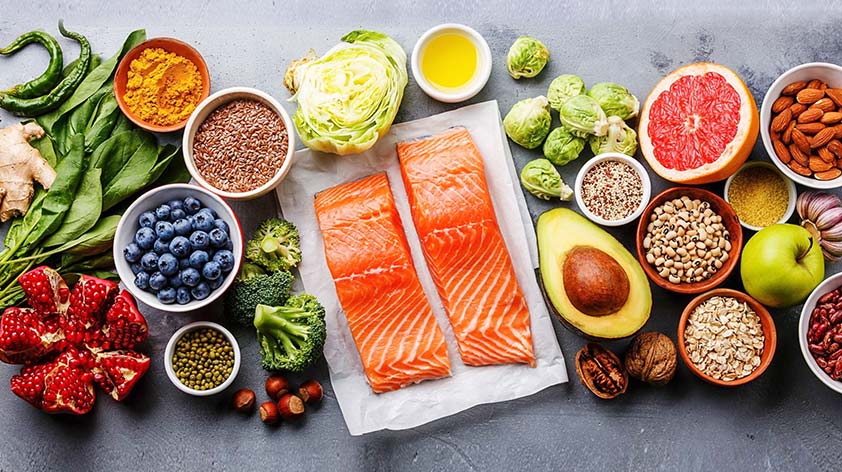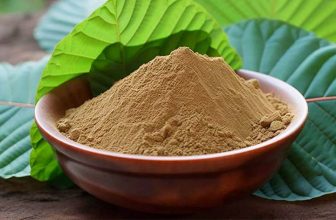
We hear the word macros thrown around a lot lately but what are they and how do they benefit us? Put simply, they are the key nutrients that make up the foundations of our diet. The three essentials for human growth and development include Carbohydrates, Fat and Protein. Let’s break these down further to see what each does and how they all play a vital role in our bodies. Read on for Macros: What are they & Why are they Important?
1. Carbohydrates are Macros
Carbs, carbs, carbs! Scream it loud and proud because carbohydrates are your best friend before anything else when it comes to breaking down diets. Primarily, carbohydrates provide fuel for the body and brain. They are the petrol to our engine before protein and fat and we cannot function without them. The NHS recommends 50% of our diets alone should be made of carbohydrates as a basic guideline, highlighting the importance of consuming carbohydrates when we need energy. The key is finding a balance between fast-acting energy sources such as grains like rice, wheat, oats, and complex, fibrous sources from most vegetables.
2. Fat is a Macro
Our second and probably most-feared character in the group. Yet fat, like carbohydrates, is another source of bodily energy responsible for cell function and cushioning of the organs. Did you know 60% of our brain is made of fat?
This makes it vital in providing support for our bodies in the long run and can even help prevent diseases such as cancer. There are good and bad sources of fats, so try to look for natural sources such as avocados, nuts and fish and aim to make up 20-35% of your daily calorie intake. In the video above, Nutritionist Rhiannon Lambert goes into more detail on what constitutes a good and bad fat and how to manage our intake.
3. Protein is a Macro
Protein acts as the hero of our diets; from cell repair and growth to hormone balance among many other things, protein does it all.
Made up of a chain of essential and non-essential amino acids the body then uses these acids to build and maintain muscle, repair damaged cells and balance hormones keeping our bodies healthy and strong.
Protein can be harvested from a variety of sources including nuts, grains, meat and dairy making it readily accessible for all kinds of dietary requirements. You should aim to hit 10-35% of your daily calorie intake as protein to maintain strength and balance out your carbohydrate-to-fat ratio. If you are trying to lose weight, out of all three macros protein has the most metabolic benefits for weight loss so it may not hurt to trade some carbohydrates or fat calories for a boost in protein.









